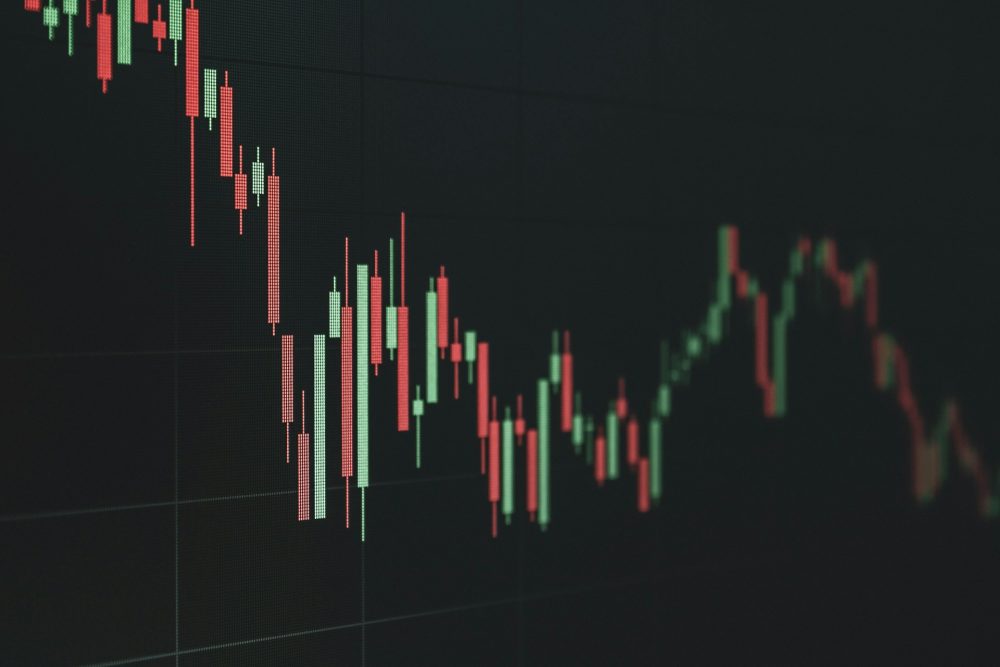Crypto
SEC Blocks Solana ETFs Ahead of Leadership Change
The SEC, led by Gary Gensler, continues its anti-crypto stance by rejecting Solana ETF applications, delaying approvals until 2025. Despite Trump’s upcoming crypto-friendly administration, Gensler’s actions leave altcoins like Solana and Ripple’s XRP at a disadvantage. Critics argue the SEC’s final moves exceed its mandate, creating challenges for crypto investors and ETF sponsors.

The US Securities and Exchange Commission (SEC) will have a new head on January 20th. But until then, the SEC under Gary Gensler is apparently maintaining its anti-crypto course and blocking Solana ETFs, as a trade journalist reports.
It is actually a tradition in the USA that the major federal authorities avoid making far-reaching decisions as much as possible during the transition period when there is a change of power in the White House. However, the US Securities and Exchange Commission (SEC) does not seem to want to abide by this unwritten law and instead wants to continue to exert its power.
This is likely to be more than just annoying for the crypto industry and especially altcoins such as Solana and XRP (Ripple), as the renowned crypto journalist Eleanor Terrett reports on X. She has learned that the SEC has informed at least two of the current five applicants for Solana ETFs that they have rejected their applications. This is likely to affect the other ETFs that have been applied for. As a rule, the SEC approves or rejects all ETFs together. If there are any ambiguities, the companies behind the ETFs usually have time to make improvements.
Since the huge success of Bitcoin ETFs, large altcoins such as Solana and XRP are also hoping to find new investors through ETFs on traditional exchanges. Bloomberg specialist James Seyffart has published a list of 16 ETF applications to the SEC on X that are directly linked to cryptocurrencies. This also shows that the SEC can still make a whole series of decisions before it gets a new boss on January 20th when Donald Trump takes office, who is then expected to implement a crypto-friendly course.
SEC chief Gary Gensler is not a hate figure for the crypto industry
Gary Gensler has headed the SEC since April 2021 and has made many enemies with his “war on crypto.” Gensler also only announced his resignation on January 20th under pressure. With regard to the Solana and XRP ETFs, the SEC would have the option of simply registering the applications and leaving a decision to the incoming leadership under Paul Atkins. But in the scenario that trade journalist Terret expects, the Solana ETFs in question would have to restart their approval process in 2025, thus losing time. Solana, as a US altcoin, has benefited significantly from Trump’s election victory and optimistic investors had already hoped that the SOL ETFs would be just a formality.
But Ripple has also noticed that the SEC under Gensler is not adhering to fair play. Chief Legal Officer Stuart Alderoty pointed out yesterday via X that the SEC has currently submitted a comprehensive brief in its legal dispute with the crypto exchange Binance instead of taking a break until the authority reorganizes itself under its future boss Atkins. In the short term, this does not bode well for the SEC’s proceedings against Ripple or for XRP ETFs , four of which are currently submitted for approval.
Conclusion: SEC overstretches its crypto mandate until the last minute
Anyone who follows US crypto policy will have noticed that it was already controversial whether and how far the SEC’s mandate should extend. The SEC has repeatedly failed in court with its thesis that cryptocurrencies such as XRP and Solana should be classified as “securities”. If Gensler now leaves a trail of destruction in his final stretch at the head of the SEC, this will play into the hands of critics. Investors will have to grit their teeth and prepare themselves for the fact that Solana ETFs and those for XRP will come later than hoped.
__
(Featured image by Tingey Injury Law Firm via Unsplash)
DISCLAIMER: This article was written by a third party contributor and does not reflect the opinion of Born2Invest, its management, staff or its associates. Please review our disclaimer for more information.
This article may include forward-looking statements. These forward-looking statements generally are identified by the words “believe,” “project,” “estimate,” “become,” “plan,” “will,” and similar expressions. These forward-looking statements involve known and unknown risks as well as uncertainties, including those discussed in the following cautionary statements and elsewhere in this article and on this site. Although the Company may believe that its expectations are based on reasonable assumptions, the actual results that the Company may achieve may differ materially from any forward-looking statements, which reflect the opinions of the management of the Company only as of the date hereof. Additionally, please make sure to read these important disclosures.
First published in BLOCK-BUILDERS.DE. A third-party contributor translated and adapted the article from the original. In case of discrepancy, the original will prevail.
Although we made reasonable efforts to provide accurate translations, some parts may be incorrect. Born2Invest assumes no responsibility for errors, omissions or ambiguities in the translations provided on this website. Any person or entity relying on translated content does so at their own risk. Born2Invest is not responsible for losses caused by such reliance on the accuracy or reliability of translated information. If you wish to report an error or inaccuracy in the translation, we encourage you to contact us

-

 Markets2 weeks ago
Markets2 weeks agoGold’s Historic Surge and Sudden Crash Signal Volatility, Not Defeat
-

 Cannabis3 days ago
Cannabis3 days agoWhen a Cutting Becomes a Cannabis Plant: Court Clarifies Germany’s Three-Plant Rule
-

 Africa1 week ago
Africa1 week agoIvory Coast Development Plan 2026–2030: Investment, Growth, and Strategic Reforms
-

 Crypto6 days ago
Crypto6 days agoBitcoin Rebounds Above $70K as Crypto Markets Show Fragile Signs of Recovery

























